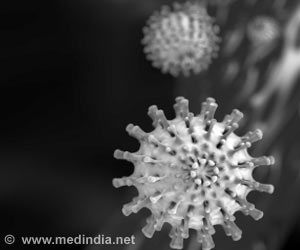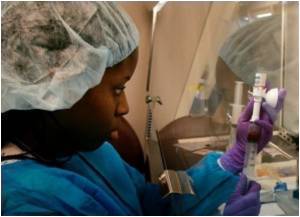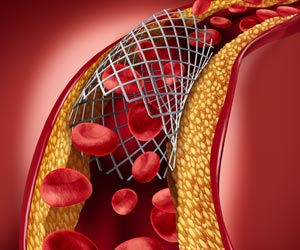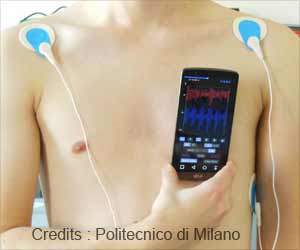The microfluidic device improves the understanding of how cancerous growth begins and identifies new targets for cancer medications.
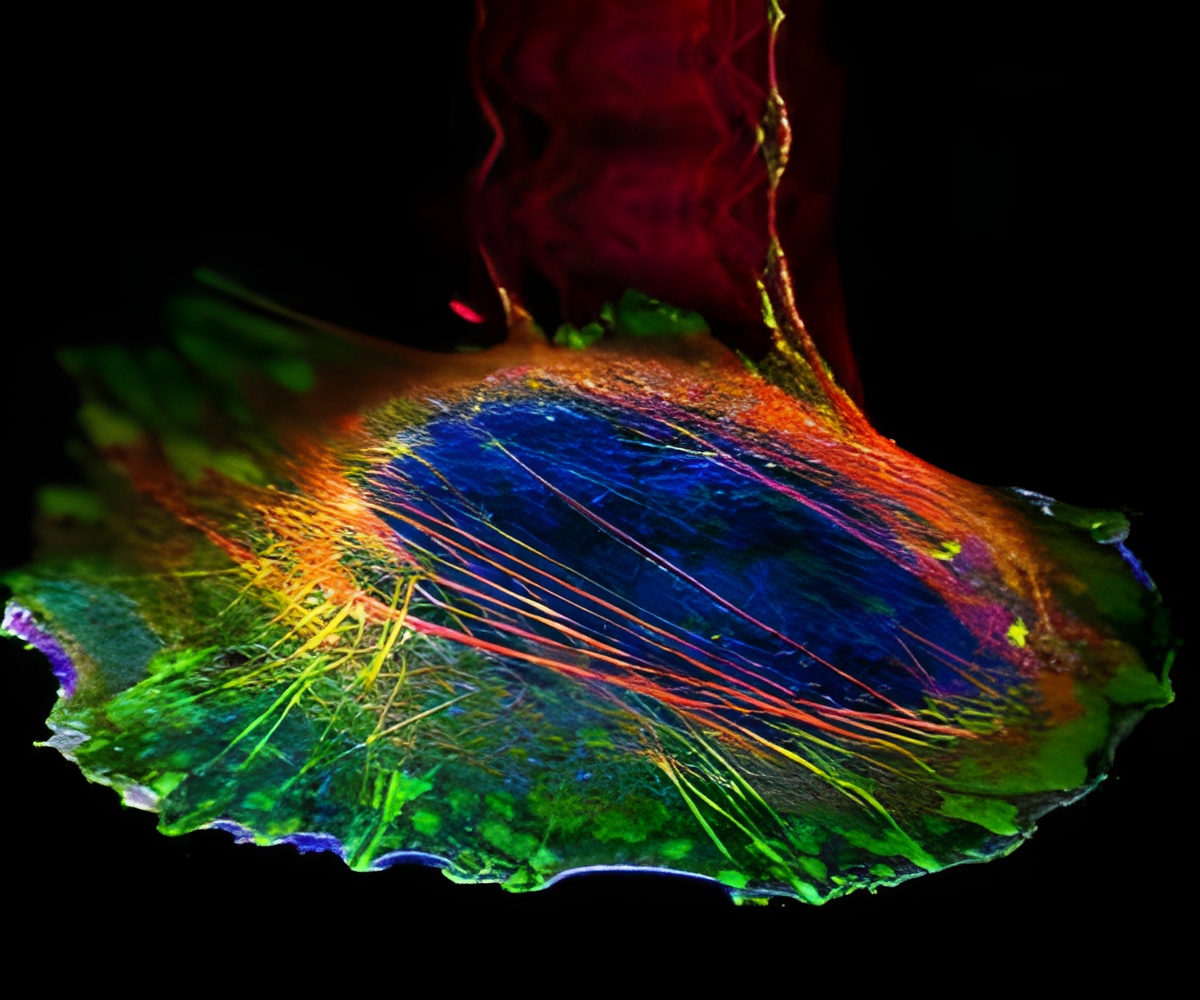
The microfluidic device can help detect intracellular chemical changes orders of magnitude faster than was previously possible. The device improves the understanding of how cancerous growth begins and identifies new targets for cancer medications.
The technique called as Digital Microfluidic Immunocytochemistry in Single Cells (DISC), uses a flat microfluidic platform through which small droplets containing chemical signals can be fed to a living cell.
Electrodes below the plate create electromagnetic fields to move the droplets around, mixing as necessary and moves toward their target.
Once the reaction happens, formaldehyde is added to stop the further processes, leaving the proteins intact.
Fluorescent antibodies are added that stick to the target proteins, which can be detected under the microscope provides a snapshot of what has changed and what has not.
Advertisement
Source-Medindia

